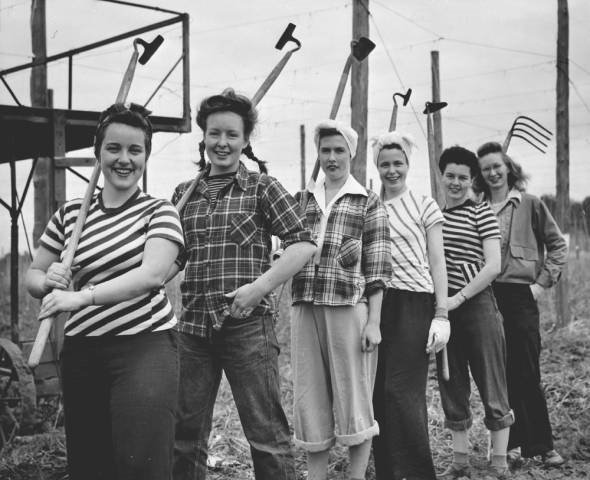In the true spirit of blogging, I've decided to abandon my beloved PowerPoint and post my session for the 2007 OSU Libraries in-service here.
Why Are We Here?
I assume you are all curious about how you can use blogs and social bookmarking, so we've come together this afternoon to talk about the fundamentals of blogging and bookmarking. But I also hope to demystify these tools a bit and show you how easy it is to snoop into what others have to say and to see what others have shared.
What is a blog?
Short for "weblog," a blog is a "frequent, chronological publication of personal thoughts and web links." Remember, a blog is just another website, albeit one that is inherently social and frequently conversational in nature. It’s like your diary or journal, a letter to the editor, or a message on a listserv—but anyone online can read it and, more importantly, they can tell you what they think.
Never one to repeat research when I can repurpose someone else’s, I’d like to refer you all to a wonderful site that can tell you more about the history, structure, and general academic uses for blogs: Academic Blogging. This site was funded by the Educational Technology Collaborative at
What about libraries?
Again, in the spirit of recycling, I point you all to these two sites to answer this question. The first, at Web Junction is called Blogs for Libraries. This site addresses the eternal question: “why should I care about this?”More than that, it also provides links to notable library blogs, as well as blogging tools and resources. The second link is to Darlene Fichter’s article entitled “Why and How to Use Blogs to Promote Your Library's Services.” Darlene provides much of the same information, but variety is the spice, etc.
Examples from my own news reader:
(Yes, I chose these, at least in part, because of the clever titles!)
What about the archives?
As you can all imagine, I watch blogs that are specific to archives with more frequency than those that deal with libraries in general.
Here are some examples:
Archivists are using blogs as places to share their experiences as archivists, as educational tools, and as places to tell us about their stuff.
What about everything else?
Yes, it’s true that most of us have interests outside of our professions, and I wanted to take a moment to share some ways I use blogs outside of work. I’ve found myself a bit addicted to cooking and recipe blogs; in the past year, I've started to watch several, aided again by my handy Google news reader.
This list seems to grow, though so does my recipe repertoire!
Social Bookmarking
Remember the days of finding great sites, saving them in your “favorites” or bookmarking them, creating an elaborate folder organization hierarchy? And remember either completely forgetting about the life-changing find or never being able to figure out your own classification? And remember finding something at home and note being able to find it again at work? And remember emailing links? The world has changed! Social bookmarking is a way to store, classify, share and search your Internet bookmarks. Sorry in advance to those who will shudder at this reference, but let’s visit the famous wiki Wikipedia for a definition of Social Bookmarking.
The power of the people
When the power of classification moves into the hands of the masses, what they create is called a “folksonomy,” is part of a much larger discussion. According to Wikipedia, “folksonomy (also known as collaborative tagging , social classification, social indexing, social tagging, and other names) is the practice and method of collaboratively creating and managing tags to annotate and categorize content. In contrast to traditional subject indexing metadata is not only generated by experts but also by creators and consumers of the content. Usually freely chosen keywords are used instead of a controlled vocabulary.”
More tools of the social networking trade
How do I use it?
Ask the experts
I can’t claim to be an expert, or even a power user of either of these tools, but I have found some great blogs and useful ways to keep track of what I find.
The way to find your own gems is to explore. Trust yourself to find sites and to become your own expert—after all, you know what you want!

No comments:
Post a Comment